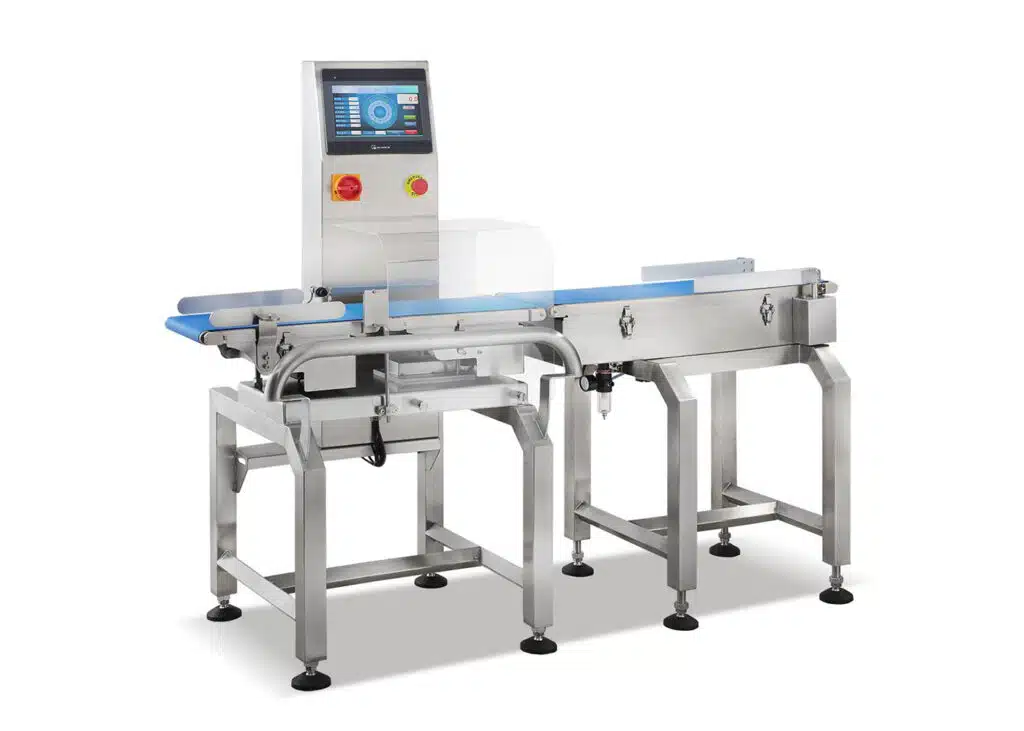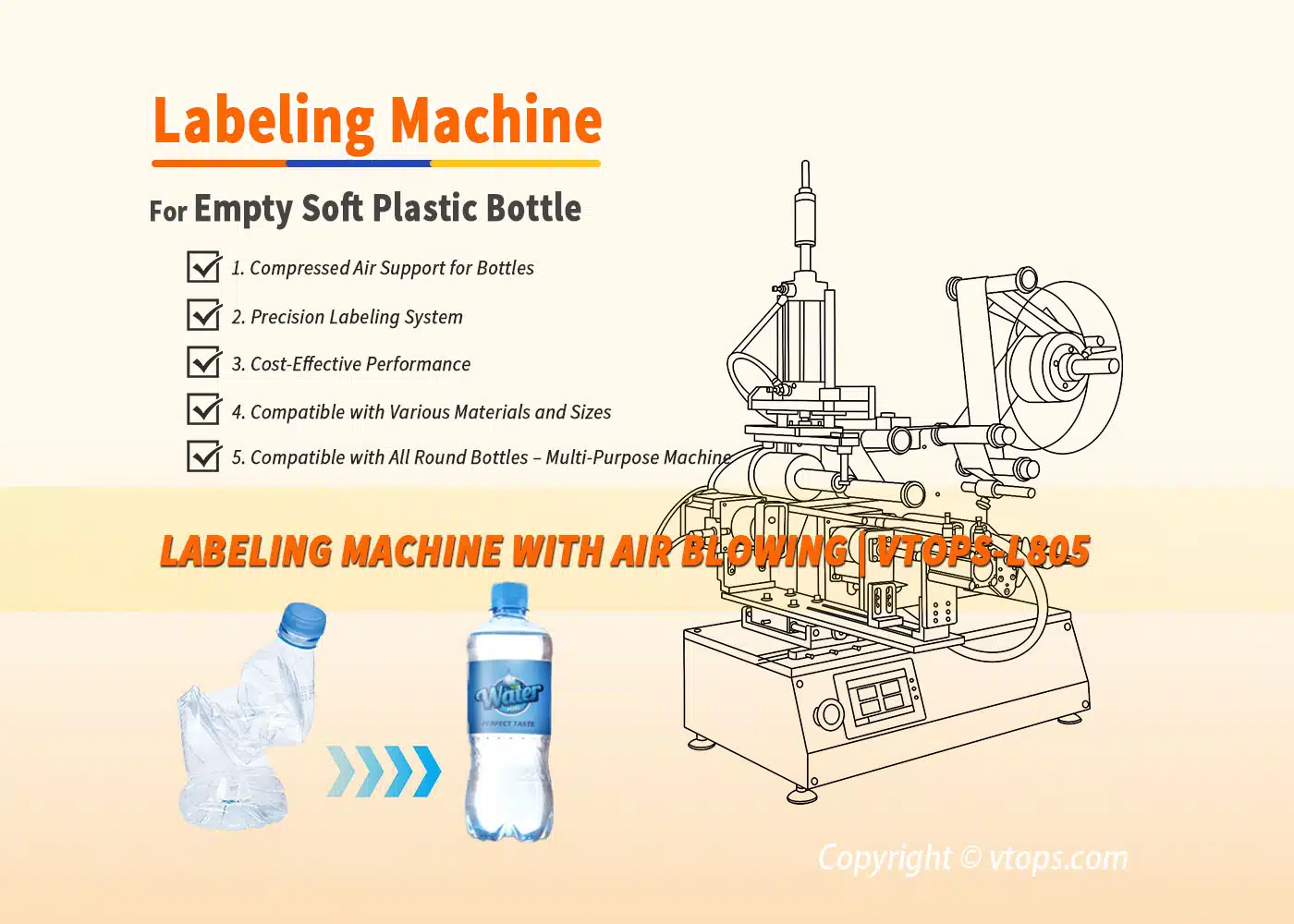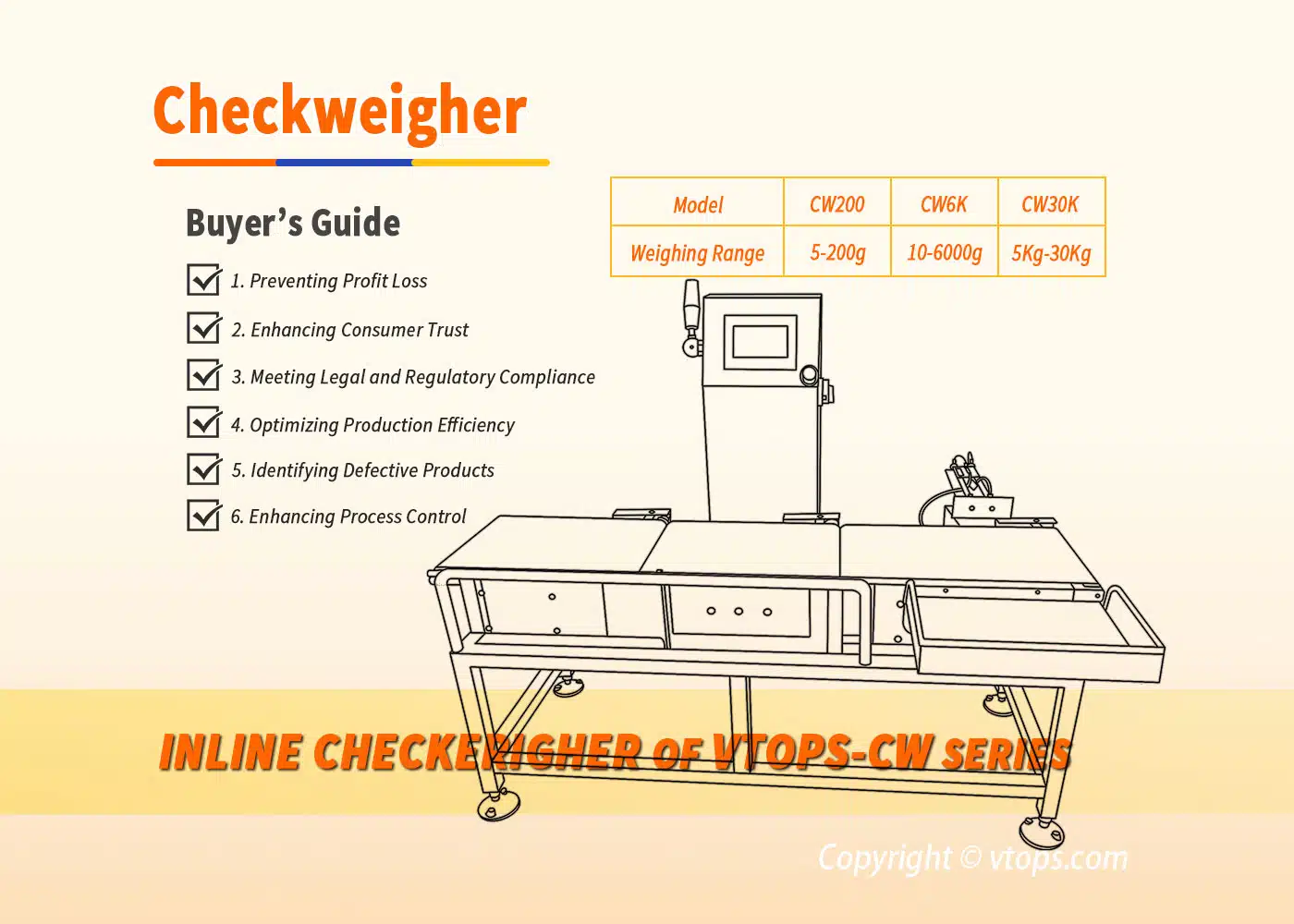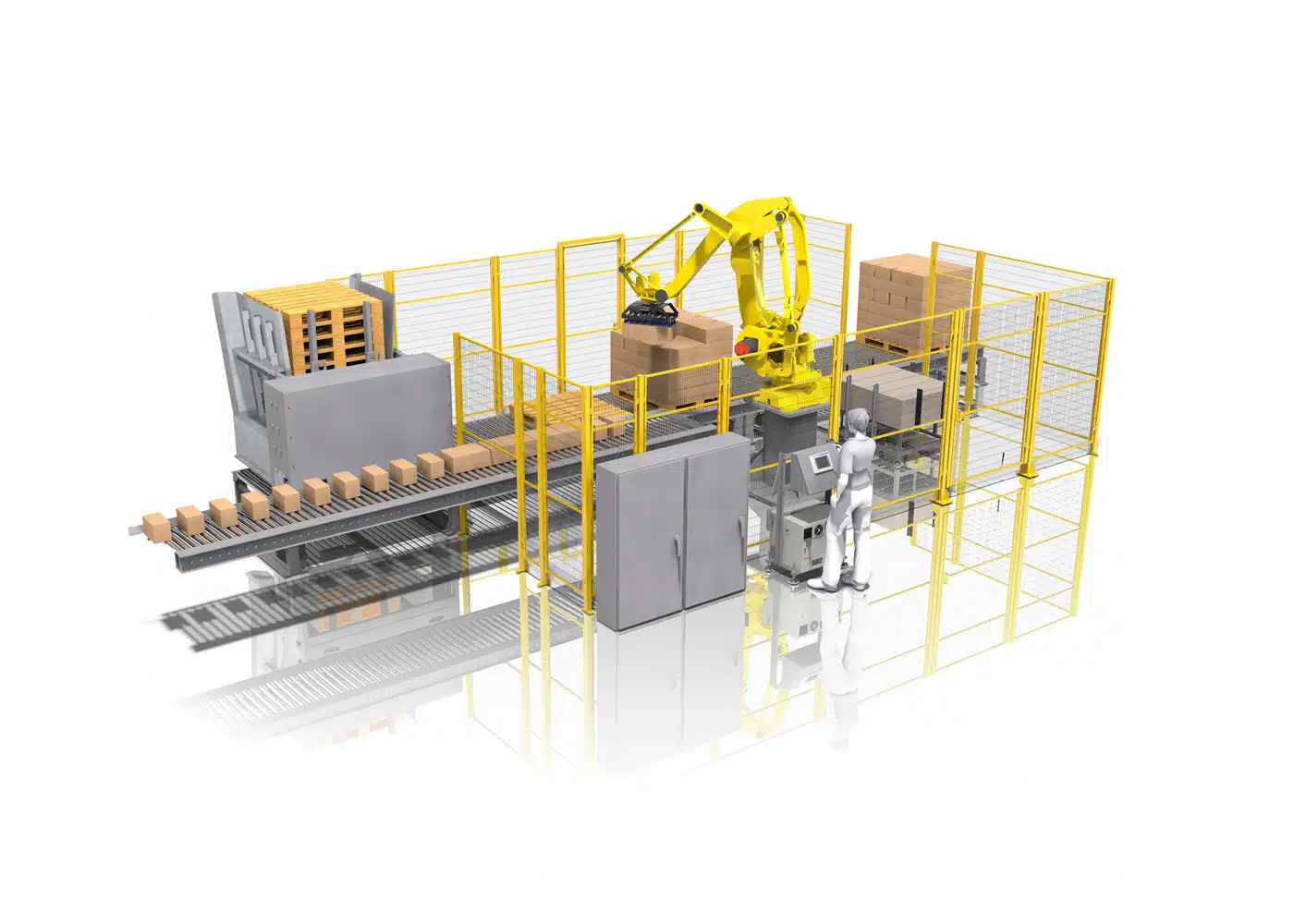When choosing a checkweigher machine, several key factors must be considered to ensure that the machine meets your specific needs. A checkweigher is an essential piece of equipment used in various industries, such as food and beverage, pharmaceuticals, logistics, and manufacturing, to ensure that products are within a specified weight range.
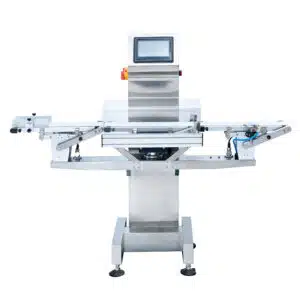
Below are the key factors to consider of choosing a checkweigher machine:
1. Accuracy and Precision
- Tolerance Levels: Consider the accuracy requirements for your products. The checkweigher should have the capability to measure with the necessary precision to meet industry standards and regulatory requirements.
- Calibration: Check how often the machine needs calibration and whether it’s easy to do so, ensuring it maintains accuracy over time.
2. Speed and Throughput
- Production Line Speed: The checkweigher must match the speed of your production line without compromising accuracy.
- Throughput Rate: Consider how many units the checkweigher can process per minute and whether it can handle peak production rates.
3. Product Range and Versatility
- Weight Range: Ensure the checkweigher can handle the full range of product weights you process.
- Product Types: Consider the variety of products you have in terms of shape, size, and packaging. The machine should be versatile enough to handle different types of products.
4. Compliance and Certification
- Regulatory Standards: Ensure the checkweigher complies with industry-specific regulations, such as those from the FDA, HACCP, or MID (Measuring Instruments Directive) for legal metrology.
- Traceability: Check if the machine offers features for traceability and record-keeping to help meet regulatory and quality assurance requirements.
5. Integration with Existing Systems
- Compatibility: The checkweigher should be compatible with your existing production line equipment, including conveyors, reject systems, and software.
- Data Connectivity: Consider whether the machine can integrate with your data management systems for reporting, analytics, and real-time monitoring.
6. Durability and Build Quality
- Material: Choose a checkweigher made from durable materials like stainless steel, especially if it’s used in harsh or washdown environments.
- Maintenance: Consider the ease of maintenance and availability of spare parts. Machines with fewer moving parts are generally easier to maintain.
7. User Interface and Ease of Use
- Control System: The user interface should be intuitive, allowing operators to easily set up and adjust the machine.
- Training Requirements: Evaluate the level of training required for operators to use the checkweigher effectively.
8. Reject Mechanism
- Type of Reject System: Depending on the product type, choose an appropriate reject system (e.g., air blast, push-off, or drop-down) to remove non-compliant items.
- Accuracy: Ensure that the reject mechanism is accurate and reliable to minimize product waste and ensure only non-compliant items are removed.
9. Cost of Ownership
- Initial Cost: Consider the purchase price in relation to the features and capabilities of the machine.
- Operational Costs: Factor in the costs of operation, including energy consumption, maintenance, and calibration.
- Return on Investment (ROI): Assess the potential ROI by considering how much the checkweigher will improve efficiency, reduce waste, and ensure product quality.
10. Support and Service
- Supplier Reputation: Choose a supplier with a strong reputation for reliability, customer service, and support.
- Warranty and Service Contracts: Check the warranty period and what is covered. Consider service contracts that ensure timely maintenance and repair.
11. Future Scalability
- Expansion: Consider whether the checkweigher can be upgraded or expanded to meet future production needs as your business grows.
12. Environmental Considerations
- Operating Environment: Ensure the checkweigher is suitable for the environment in which it will be used, including factors like temperature, humidity, and cleanliness.
- Environmental Impact: Consider energy efficiency and other factors that could impact the environmental footprint of your operation.
By carefully considering these factors, you can choose a checkweigher machine that aligns with your operational needs, enhances product quality, and complies with industry standards.
